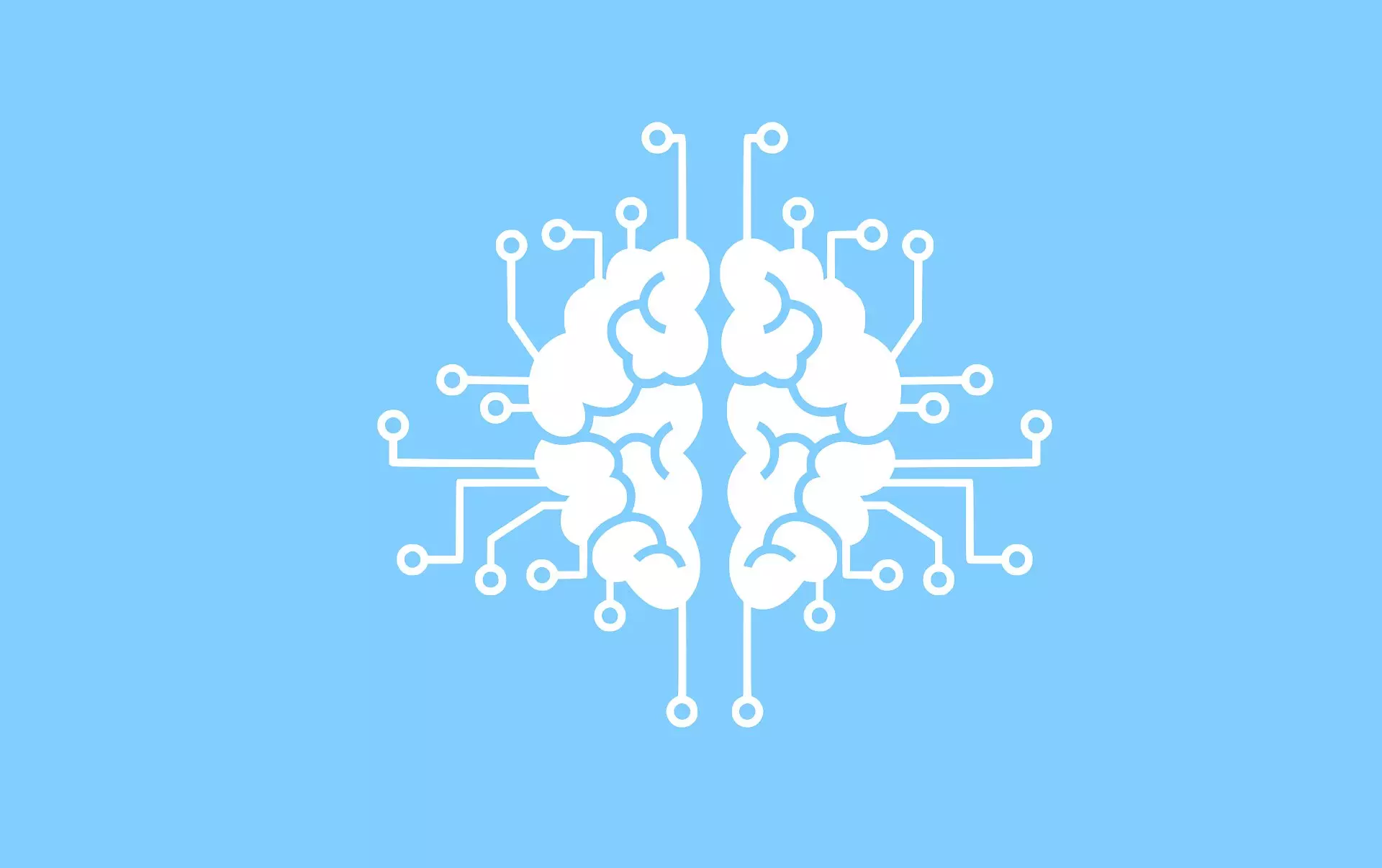In the realm of computer science, bipartite matching is a fundamental issue that arises in various scenarios. From rideshare apps to organ donations, the task of pairing two sets of entities efficiently is crucial. Saket Navlakha, an Associate Professor at Cold Spring Harbor Laboratory, has delved into this problem by drawing inspiration from biology, specifically the wiring of the nervous system.
Navlakha noticed parallels between bipartite matching and the connection between neurons and muscle fibers in the nervous system. He highlighted how in early development, multiple neurons target the same muscle fiber, but over time, a single neuron becomes the exclusive controller. This process of pruning excess connections to optimize movement efficiency intrigued Navlakha, leading him to explore how this biological mechanism could be applied to computer algorithms.
Drawing from the neural circuitry’s competitive bidding system, Navlakha devised a simple algorithm based on two key equations. Neurons compete with each other, using neurotransmitters as resources, to establish and maintain connections with muscle fibers. Those that lose the competition can reallocate their resources to alternative fibers, ensuring that every neuron finds a partner. This neuro-inspired approach to bipartite matching has proven to outperform existing algorithms, delivering near-optimal pairings and minimizing unmatched entities.
The implications of Navlakha’s research extend beyond theoretical computer science. By applying his algorithm to real-world scenarios such as ridesharing services and medical residency placements, significant improvements can be made. Shorter wait times for passengers, increased efficiency in hospital staffing, and enhanced privacy protection are among the benefits offered by this innovative approach.
Navlakha envisions a broad range of applications for his neuroscience-inspired algorithm. Its adaptability to diverse scenarios, coupled with its ability to maintain privacy through distributed processing, makes it an attractive solution for various industries. By sharing his findings with the scientific community, Navlakha hopes to encourage others to explore and implement this new algorithm in their respective fields, revolutionizing the way bipartite matching is approached.
Saket Navlakha’s research highlights the valuable insights that can be gained from studying biological systems in solving complex computer science problems. By bridging the gap between neuroscience and algorithm development, new avenues for innovation and optimization are unlocked. The neurobiological basis of bipartite matching offers a promising path towards more efficient and effective matchmaking systems across different domains.


Leave a Reply